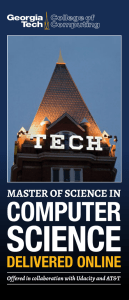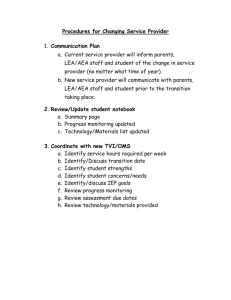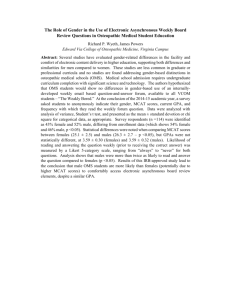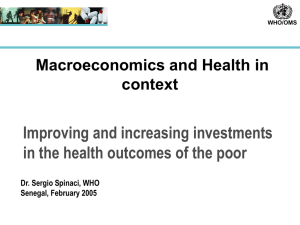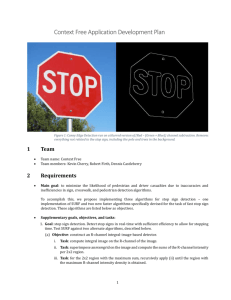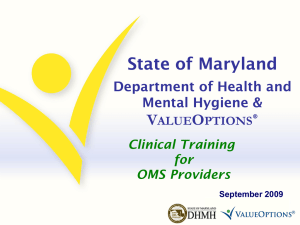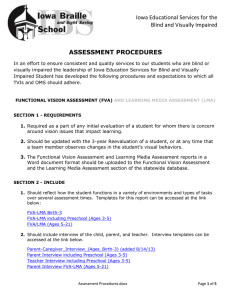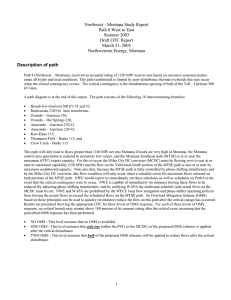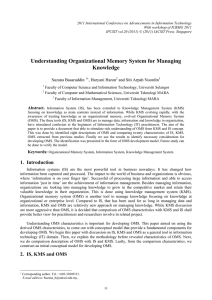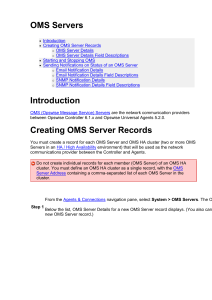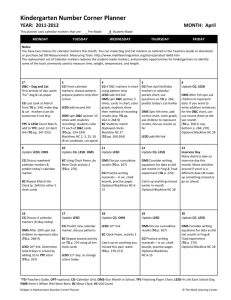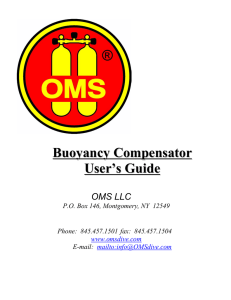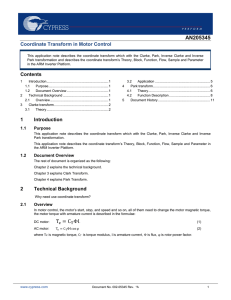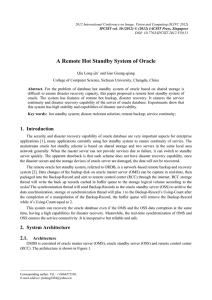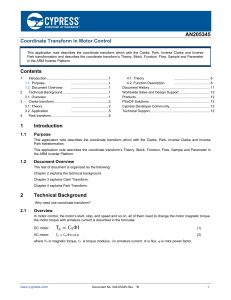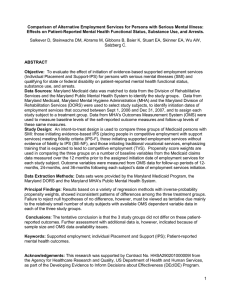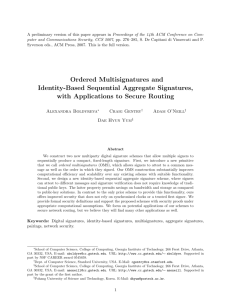Dinh K, Netson K. Neuropsychological Sequelae of Opsoclonus
advertisement
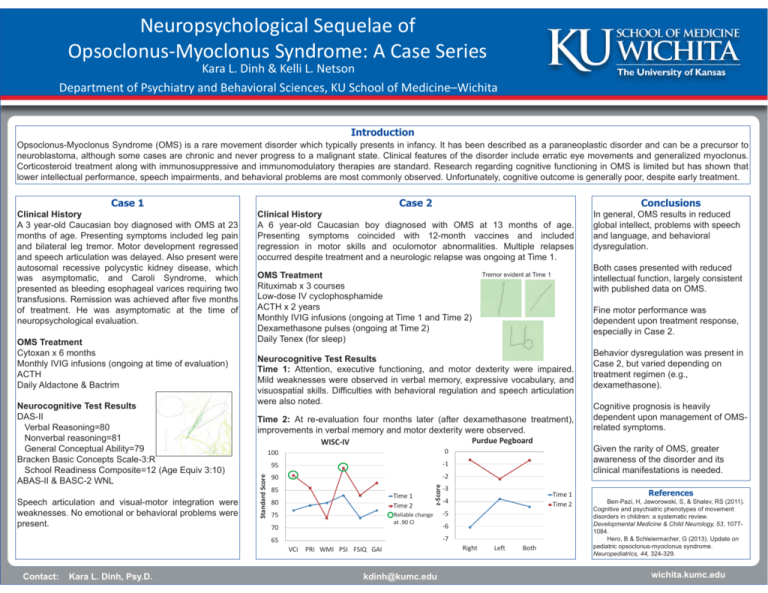
Neuropsychological Sequelae of Opsoclonus-Myoclonus Syndrome: A Case Series Kara L. Dinh & Kelli L. Netson Department of Psychiatry and Behavioral Sciences, KU School of Medicine–Wichita Introduction Opsoclonus-Myoclonus Syndrome (OMS) is a rare movement disorder which typically presents in infancy. It has been described as a paraneoplastic disorder and can be a precursor to neuroblastoma, although some cases are chronic and never progress to a malignant state. Clinical features of the disorder include erratic eye movements and generalized myoclonus. Corticosteroid treatment along with immunosuppressive and immunomodulatory therapies are standard. Research regarding cognitive functioning in OMS is limited but has shown that lower intellectual performance, speech impairments, and behavioral problems are most commonly observed. Unfortunately, cognitive outcome is generally poor, despite early treatment. Case 1 Case 2 Clinical History A 3 year-old Caucasian boy diagnosed with OMS at 23 months of age. Presenting symptoms included leg pain and bilateral leg tremor. Motor development regressed and speech articulation was delayed. Also present were autosomal recessive polycystic kidney disease, which was asymptomatic, and Caroli Syndrome, which presented as bleeding esophageal varices requiring two transfusions. Remission was achieved after five months of treatment. He was asymptomatic at the time of neuropsychological evaluation. Clinical History A 6 year-old Caucasian boy diagnosed with OMS at 13 months of age. Presenting symptoms coincided with 12-month vaccines and included regression in motor skills and oculomotor abnormalities. Multiple relapses occurred despite treatment and a neurologic relapse was ongoing at Time 1. Speech articulation and visual-motor integration were weaknesses. No emotional or behavioral problems were present. 100 0 95 -1 90 -2 85 Time 1 Time 2 80 75 Reliable change at .90 CI 70 -3 Time 1 Time 2 -4 -5 -6 -7 VCI Kara L. Dinh, Psy.D. Fine motor performance was dependent upon treatment response, especially in Case 2. Time 2: At re-evaluation four months later (after dexamethasone treatment), improvements in verbal memory and motor dexterity were observed. Purdue Pegboard WISC-IV 65 Contact: Both cases presented with reduced intellectual function, largely consistent with published data on OMS. Tremor evident at Time 1 Neurocognitive Test Results Time 1: Attention, executive functioning, and motor dexterity were impaired. Mild weaknesses were observed in verbal memory, expressive vocabulary, and visuospatial skills. Difficulties with behavioral regulation and speech articulation were also noted. z-Score Neurocognitive Test Results DAS-II Verbal Reasoning=80 Nonverbal reasoning=81 General Conceptual Ability=79 Bracken Basic Concepts Scale-3:R School Readiness Composite=12 (Age Equiv 3:10) ABAS-II & BASC-2 WNL OMS Treatment Rituximab x 3 courses Low-dose IV cyclophosphamide ACTH x 2 years Monthly IVIG infusions (ongoing at Time 1 and Time 2) Dexamethasone pulses (ongoing at Time 2) Daily Tenex (for sleep) Standard Score OMS Treatment Cytoxan x 6 months Monthly IVIG infusions (ongoing at time of evaluation) ACTH Daily Aldactone & Bactrim Conclusions PRI WMI PSI FSIQ GAI kdinh@kumc.edu Right In general, OMS results in reduced global intellect, problems with speech and language, and behavioral dysregulation. Left Both Behavior dysregulation was present in Case 2, but varied depending on treatment regimen (e.g., dexamethasone). Cognitive prognosis is heavily dependent upon management of OMSrelated symptoms. Given the rarity of OMS, greater awareness of the disorder and its clinical manifestations is needed. References Ben-Pazi, H, Jaworowski, S, & Shalev, RS (2011). Cognitive and psychiatric phenotypes of movement disorders in children: a systematic review. Developmental Medicine & Child Neurology, 53, 10771084. Hero, B & Schleiermacher, G (2013). Update on pediatric opsoclonus-myoclonus syndrome. Neuropediatrics, 44, 324-329. wichita.kumc.edu
